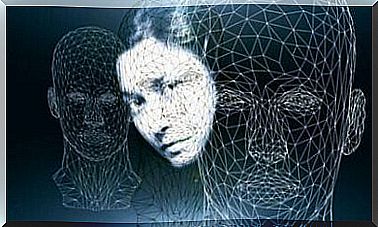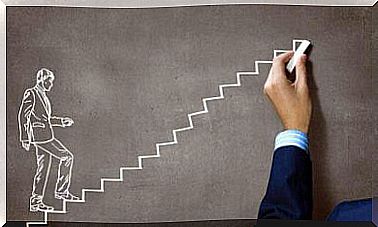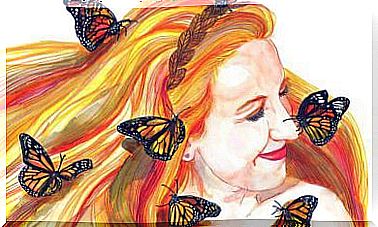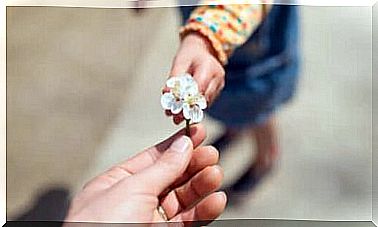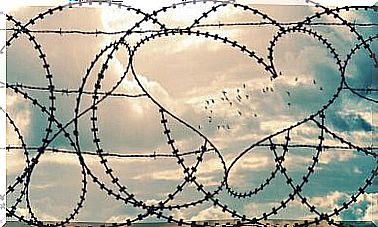Meditation And Other Keys To Being Happy

If you have known – or are currently experiencing – a moment of crisis, I invite you to read the following lines, which deal with the different techniques that can improve your quality of life, and whether you are sick or not. Techniques which can be a perfect complement to the pharmacological treatment you have been prescribed or, if you are not ill, to give your life a new boost. We will define all this within the framework of non-pharmacological therapies: meditation, reiki, music therapy …
Thus, our journey will consist in defining these therapies and the impact they have or not on our physical and psychological well-being. We will also define what is meant by well-being, and we will see how this term differs from the concept of health.
What are non-pharmacological therapies?
The usual way of approaching diseases has traditionally been done from a pharmacological point of view. That is to say that the moments of crisis, discomfort or illness were solved by drugs. Fortunately, this way of thinking has evolved: in many cases it is considered that pharmacological treatment is necessary but that it is not sufficient or that it is not the most optimal way to improve the quality of life. of the patient. Faced with this, practices such as meditations are increasingly used as a complement to this pharmacological treatment.
“The best doctor is the one who knows that most drugs are unnecessary.”
-Benjamin Franklin-

Thus, it would be good to know how other non-pharmacological techniques have the power to influence the quality of life or the perception of well-being on the part of the patient and, consequently, on the patient. his physical health through the impact they have on the immunological system. And we can thus consider their implementation in specific centers or even in current therapeutic programs.
“Health is not everything, but without it the rest is nothing.”
-TO. Schopenhauer-
Although the developments concerning this research are somewhat innovative, and sometimes even worrying, Engel already proposed in 1977 the need for a bio-psychosocial medical model. Within this model, he suggested that in all important phenomena relating to health, biological as well as psychological and social aspects played a role.
“The concept of non-pharmacological therapies (TNF) has been used for several decades to refer to interventions which, through primary non-chemical agents, claim to improve the lives of healthy and sick people.”
-CRE Alzheimer-
What is well-being?
We can conceptualize well-being as the set of attitudes and behaviors that improve quality of life and help achieve optimal health status (Donatelle, Snow & Wilcox, 1999). That is to say, an active process intended to improve our lifestyle in all its dimensions.
“Health is a state of physical, mental and social well-being, and not simply the absence of disease.”
-WHO, 1948-
This is where non-pharmacological therapies come into play that transform the individual into the main actor of his own health. It is through healthy habits that result from an adequate adaptation and integration of the physical, mental, social, spiritual and emotional dimensions at all levels of health or disease that one can experience well-being, whether or not one is sick.
“There is no medicine that heals what happiness does not heal.”
-Gabriel Garcia Marquez-

These findings are of tremendous importance, whether for clinical medicine or for you. They bring us closer to new paths, offering us the possibility of using psychological treatment as a form of disease prevention.
“It is more important to know what type of person has an illness than it is to know what type of illness a person has.”
-Hippocrates-
How does stress affect us?
Our personality and emotional experiences influence our health and are an important way to link illness to psychological stress. Psychological stress affects the immune response and the diseases that result from it.
“The good doctor treats disease; the great doctor treats the patient who has the disease. ”
-William Osler-
Stressful situations for the individual, such as bereavement, stress, divorce, can lead to negative feelings such as depression, fear, hopelessness. .. These situations activate the central nervous system (CNS) and the autonomic nervous system ( SNA) and produce alterations in the parameters of immune / immunological reactivity, creating loopholes in our defenses.
There are currently strategies to control the effects of stress. There are several studies that link the application of alternative therapies that minimize the effect caused by stress and increase the well-being of people, such as music therapy, meditation, reiki, yoga, visualization, physical activity, psychotherapy, etc.
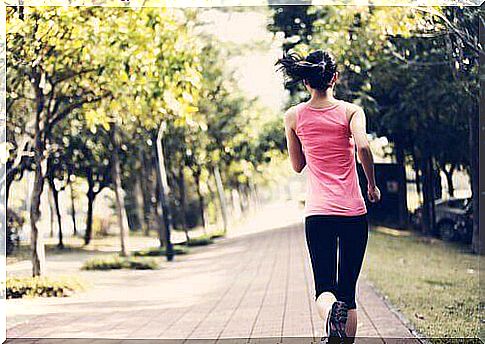
Connect with your inner “me” through meditation
Do you meditate? Do you doubt its effectiveness? Would you like to know what studies have been carried out on it? We will provide you with answers to these questions. Even if, for this, we must warn you that there are many techniques and that we cannot deal with all of them; we will therefore focus on reiki, music therapy, meditation, acupuncture and laughter therapy.
“Laughter is the only medicine that has no side effects.”
-Shannon L. Alder-
Today there is a great influence of oriental practices like meditation and yoga. Yadav, with several collaborators, carried out a study with 86 patients suffering from chronic diseases. All participants had to follow an intervention program based on yoga, group discussions and information on stress control. Studies have shown decreased levels of cortisol, increased beta-endorphins, and reduced levels of interleukins and tumor necrosis after ten days of surgery.
As for the main ideas extracted from the results of various researches and their interpretation, we can summarize the following statements:
- Non-pharmacological therapies highlight an increase in the levels of immunoglobulins which affect the patient’s well-being, whether as basic therapy or as a complementary therapy to pharmacological treatment.
- Non-pharmacological therapies have also been shown to reduce stress levels by lowering cortisol levels.
- Despite everything, there are limits since it is a new field of investigation which requires, for its application, the taking into account of the individual differences between the patients and the different types of diseases. This is why we do not benefit from sufficient reference material when carrying out new studies.
- Consequently, in several studies, one can come to confuse the result of non-pharmacological techniques with a placebo effect generated by the positive expectations of the therapist, an inauthentic motivation for the patient to recover.
To conclude this topic, we leave you a link to a UK project that attempts to create meaningful playlists for patients with dementia and Alzheimer’s disease, as a new memory therapy:
http://www.playlistforlife.org.uk/#2946
